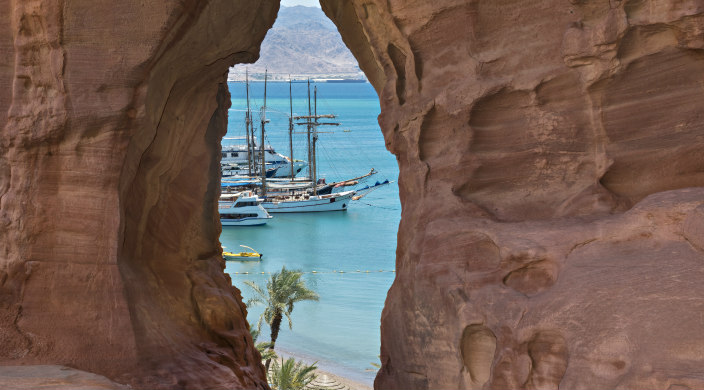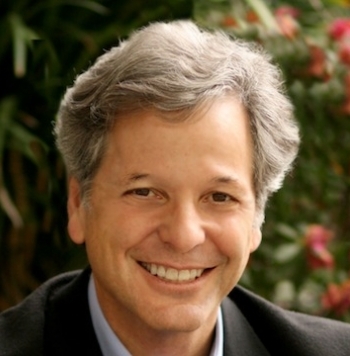
Despite the wars and violence in its short history and its often-negative portrayals in the media, Israel has become a kinder and gentler place. Here are examples of nine positive things about the land and her people in these challenging times.
1. Israel accepts LGBTQ individuals.
Thirty years ago, there was a taboo against homosexuality in the Jewish state. Now, 250,000 people march in Tel Aviv’s annual gay pride parade. Though many of the estimated 750,000 LGBTQ individuals in Israel come from Orthodox Jewish and Arab Israeli communities that shun homosexuality, the State of Israel accepts them.
2. Non-profit organizations are flourishing.
More than 15,000 non-profit organizations are active in Israel – promoting universal moral values, religious pluralism and equality, human rights, democracy, civil society, and environmental protection.
3. Poverty is decreasing for Arab-Israeli families.
Muhammed Darawshe, director of Planning, Equality and Shared Society at Givat Haviva Educational Center, has been working with the Israeli government to help educate Arab Israeli women and provide childcare for working mothers, lifting thousands of Arab-Israeli families out of poverty.
4. Efforts to create a shared democratic society are advancing.
The Reform Movement’s Israel Religious Action Center (IRAC) advances religious freedom, the end of the Chief Rabbinate’s monopoly over religious life, and equal status for all streams of Judaism; an end to religious extremism, misogyny, and racism; and an equal and shared democratic society for Jews and Arabs alike.
5. Trust and compassion among Arab and Jewish students are increasing.
On the grassroots level, many Arab and Jewish students are engaged in projects that are building mutual trust and compassion, despite the differences in their histories and national narratives. Hundreds of Arab and Jewish Israelis, for example, travel together to Auschwitz to better understand the depth of historic Jewish suffering that informs Israel’s national narrative.
Yad b’Yad (Hand in Hand) – an independent network of six Jewish-Arab integrated bilingual schools around the country – brings together thousands of Jews and Arabs to create a sense of community and shared society. For example, during the “Knifing Intifada” in 2016, Yad b’Yad’s Arab students living in East Jerusalem stayed for weeks in the homes of their Israeli Jewish classmates because it was too difficult to get through Israeli checkpoints and come to school each morning.
6. Political engagement is on the rise among young people.
Israeli young people are engaged in politics in ever-greater numbers, especially since 2011, when 250,000 young Israelis demonstrated in Tel Aviv over rising food prices in the so-called “Cottage Cheese” rebellion.
7. The healthcare system provides compassionate treatment to Arabs and Jews.
If you visit an Israeli hospital anywhere in the country, you’ll see Arab and Jewish patients on the same wards receiving compassionate treatment by Arab and Jewish physicians and nurses. During the Syrian civil war, badly injured Syrians were ferried across the border into Israel to be treated at Israeli-operated makeshift hospitals. The same is happening in Israel just inside of the Gaza border.
8. Israel leads the way in protecting the environment.
Israel is among the leading nations working on clean environmental technologies and innovation. For example, the Reform movement’s Center for Creative Ecology (CFCE) on Kibbutz Lotan has pioneered waste-management, extreme desert organic food production, energy efficient construction techniques using natural materials, and other projects to build sustainable communities. Israel is also a world leader in the development of desalination technology, converting sea water for home and agricultural use.
Yes, of course, there are problems facing Israel, and many are of its own making. There is shortsightedness, intolerance, injustice, and suffering. Too many Israelis wear blinders and are oddly unaware of the injustices taking place in East Jerusalem and across the Green Line in the occupied West Bank. There is certainly far too much rage and despair, and not nearly enough empathy and faith.
Israeli parents worry that the choices their government makes have sentenced their children to a less secure future. Yet, they are thrilled to be raising their families in a country that excels in creativity, a country with the sense of history where kids can grow up with pride as Jews, a country filled with humanitarian impulses. These factors may help explain why Israel’s population continues to rank among the top 15 nations in happiness index polls.
The extent of the good being performed by Israeli Jews and Arabs every day can jolt like a drug, like electricity. It’s heartening to see the generosity of spirit that flows through the country.
If we lift our eyes from the barrage of dark news, we see that Isaiah’s vision of the Jewish people as an or lagoyim (a light unto the nations – 42:6) shines through in modern Israel.
This blog post is adapted from Rabbi Rosove’s most recent book, Why Israel (and its Future) Matters: Letters of a Liberal Rabbi to his Children and the Millennial Generation.
Explore Jewish Life and Get Inspired
Subscribe for Emails
